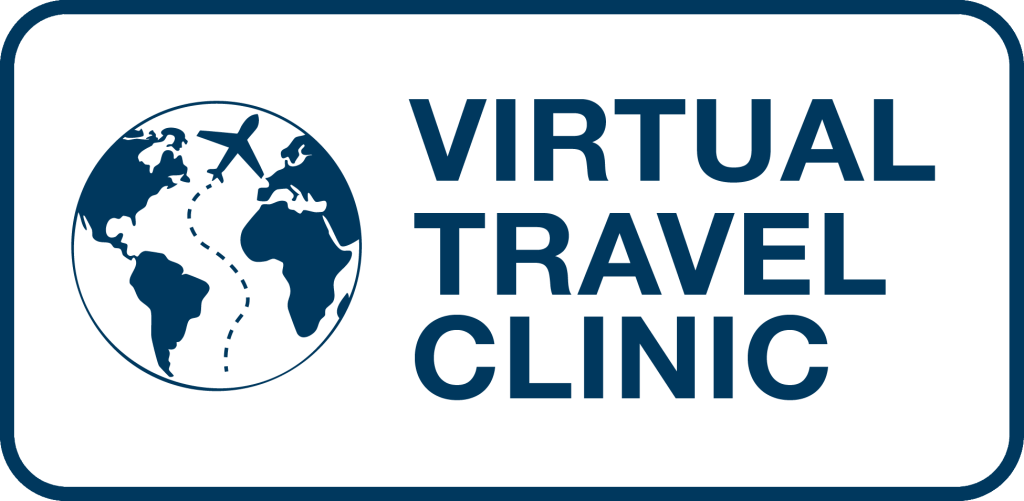Travel health and safety for New Zealand 🇳🇿
New Zealand is known for its stunning scenery, friendly locals, and vibrant cities like Auckland, Wellington, and Christchurch. Whether you’re hiking through national parks, relaxing on the coast, or exploring cultural landmarks, it’s a destination full of adventure and beauty.
Before your trip, it’s important to be prepared. Knowing which travel vaccines for New Zealand are recommended, what medications to pack, and how to stay safe outdoors can help you make the most of your visit. With its stunning landscapes, lively cities, and laid-back charm, New Zealand promises an unforgettable adventure.
Travel Immunizations for New Zealand
What vaccines do I need for New Zealand? Get all the information and vaccinations you need to minimize travel health risks.
Hepatitis B is a viral infection that targets the liver and may cause chronic infections and liver cancer.
- Its primary mode of transmission is through direct blood-to-blood contact with an infected person. It can also be transmitted through unprotected sex or sharing needles.
- Symptoms may range from mild to severe, including fatigue, jaundice, and abdominal discomfort, nausea, vomiting and joint pain.
Hepatitis A virus can cause liver disease, and in rare cases, liver failure and death.
- Can be spread by fecal-oral transmission, consuming contaminated food or water, or close, personal contact with an infected person.
- Symptoms may range from mild to severe, including fatigue, jaundice, abdominal discomfort, vomiting, and joint pain.
- Low risk for travelers but risk can increase if going to villages or more remote areas.
Measles is a highly contagious respiratory disease. Anyone who is not protected against measles is at risk of being infected with it when traveling internationally. Globally, we are starting to see an increase in measles infection.
- Spreads through respiratory droplets and direct contact with infected individuals.
- Symptoms initially resemble a common cold, followed by a characteristic rash fever, cough, runny nose, small, white spots inside the mouth and throat red eyes, sleepiness, and irritability.
Rabies is a viral infection transmitted through animal bites.
- Symptoms may initially include fever, headache, and discomfort at the bite site, progressing to more severe neurological symptoms. Rabies is fatal if it is not treated before symptoms develop.
- Rabies treatment may be limited or may not be available, therefore you may need to return to Canada for treatment.
We have made every effort to ensure the accuracy and reliability of the provided information, however, it is not feasible for us to update daily. Please book a virtual consultation with one of our Travel Medicine Professionals for current, personalized advice and answers to any questions you may have.
Health Canada strongly advises travelers ensure their routine vaccinations are up to date, including:
Guards against the varicella-zoster virus, responsible for chickenpox.
Diphtheria-Tetanus-Pertussis (DTaP)
Protects against three different bacterial infections.
Vaccination against seasonal influenza strains is essential.
Provides immunity against all three diseases in one shot.
Essential for guarding against the poliovirus. One adult booster dose lasts a lifetime.
Offers protection against shingles, a viral infection that causes a painful rash.
The ongoing pandemic necessitates adherence to vaccination guidelines and preventive measures.
New Zealand Concerns / Health Canada Recommendations
Many diseases are spread by the bites of infected insects such as mosquitoes, ticks, fleas or flies. Cover up and use mosquito repellents to protect against infection.
- Use an approved bug spray (insect repellent) on exposed skin
- Wear light-coloured, loose clothing made of tightly woven materials like nylon or polyester
- Wear socks and closed-toe shoes
- Sleep under mosquito netting if you’re staying outdoors
- Do a full body tick check on yourself, your children, your gear, and any pets you’re traveling with when you return from outdoor activities
Over the Counter Medications for Travel to New Zealand
Pain Relief
Medications such as acetaminophen (e.g., Tylenol) or ibuprofen (e.g., Advil) can be helpful for managing headaches, muscle pain, or fever.
Anti-Diarrheal Medications
It’s advisable to carry over-the-counter anti-diarrhea medications like loperamide (e.g., Imodium) to treat mild cases of traveler’s diarrhea. However, it’s important to stay hydrated and seek medical attention if diarrhea persists or worsens.
Antacids
Antacids like Tums or Pepto-Bismol can provide relief from indigestion or heartburn, which can sometimes occur when trying new foods or experiencing changes in diet during travel.
Allergy Medications
If you have known allergies, carrying antihistamines like cetirizine (e.g., Reactine) or diphenhydramine (e.g., Benadryl) can help manage allergic reactions to environmental allergens or insect bites.
Motion Sickness Medications
If you are prone to motion sickness, consider carrying medication like dimenhydrinate (e.g., Gravol) to alleviate symptoms during long journeys or when traveling by car, train, or boat.
Sun Protection
It is essential to protect yourself from the sun’s harmful rays. Use a broad-spectrum sunscreen with a high SPF, wear hats, sunglasses, and lightweight, breathable clothing.
Medical Services and Facilities in New Zealand
- Health care is high-quality and available throughout the country.
- If you are injured in a work or a car accident, you may receive treatment at a public hospital.
- Make sure you get travel insurance that includes coverage for medical evacuation and hospital stays.
Consular Assistance New Zealand
Street Address: Level 11, 125 The Terrace, Wellington 6011, New Zealand
Postal Address: P.O. Box 8047, Wellington 6140, New Zealand
Telephone: +64 4 473-9577
Email: [email protected]
Website: https://www.international.gc.ca/country-pays/new_zealand-nouvelle_zelande/wellington.aspx?lang=eng
We have made every effort to ensure the accuracy and reliability of the provided information, however, it is not feasible for us to update daily. Please book a virtual consultation with one of our Travel Medicine Professionals for current, personalized advice and answers to any questions you may have.
Emergency Services
In case of emergency, dial:
- Emergency Fire, Police, & Ambulance – 111
What Our Customers Are Saying









Brought to you by a team of trusted healthcare professionals
We know how hard it can be for Canadians to get the healthcare they need, when they need it. That’s why Rockdoc is on a mission to help Canadians navigate healthcare. We have decades of experience providing emergent, urgent, and continuing healthcare services and solutions – meeting and exceeding the standard of care for our patients and our communities.

Dr. Sam Gutman
CEO and Chief Medical Officer
MD CCFP, FCFP, EM-SEM

Dr. Shaan Pawa
Associate Medical Director
MD CCFP-EM CTH®

Kristyna Sorensen
Medical Operations Manager
RN, BSN




